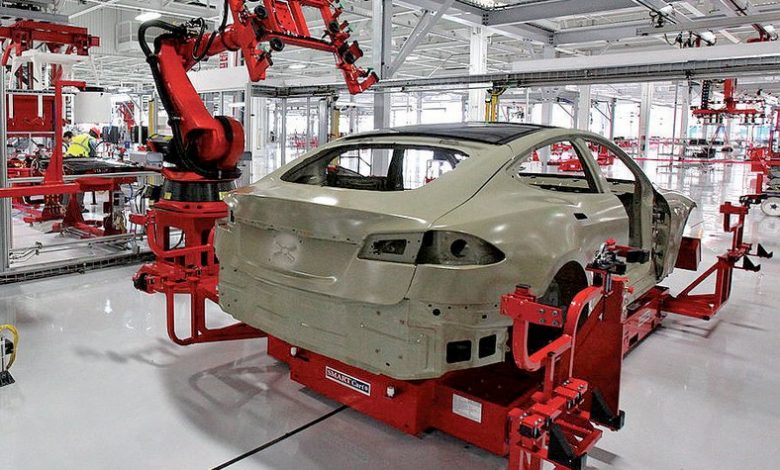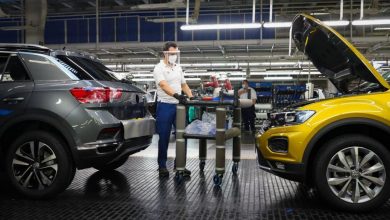
Tesla Mich. win may hurt franchised dealerships
Tesla Inc., now the second most valuable automaker in the world, has finally gained a foothold in the birthplace of the U.S. auto industry.
The settlement is a win for Tesla, which has been trying for years in Michigan and other states to upend strict dealer-franchise laws with its direct-to-consumer sales model. The decision, experts say, could serve as a template for similar cases in other states and pave the way for startups to sidestep dealers.
“The handwriting’s on the wall for the franchised dealer as the exclusive way consumers interact with car companies,” Daniel Crane, a University of Michigan law professor who specializes in antitrust and regulatory issues, said in an interview. “It’s pretty clear it’d be impossible for the state to deny someone else; it paves the way for any new EV company that doesn’t want to use traditional dealerships.”
“The legacy companies can’t continue forever to use a dealer model from the 1930s,” he told Automotive News. “Being required to use only that, I think, is a competitive disadvantage. They’ll have to find a way to get flexibility in their distribution method or they’ll be left behind.”
Tesla can sell its vehicles directly to consumers in roughly half the states in the country. New Mexico, South Carolina and others ban the sale and service of vehicles, while states such as Louisiana ban direct-to-customer sales but allow service centers.
Legislation last year in Texas was amended to ensure Tesla could fix vehicles in the state following protests from concerned owners.

“Michigan had one of the most restrictive laws on the books,” he said. “That really puts pressure on other states to rethink things.”
The Michigan Automobile Dealers Association told Automotive News last week it was not consulted and knew nothing of the settlement and was “currently reviewing the order as compared to the current statute.”
Similarly, the National Automobile Dealers Association, in a statement, said it was still reviewing the settlement and doesn’t “have additional comment at this time.”
A Tesla spokesman did not return a request for comment, although CEO Elon Musk voiced his support for the decision, tweeting “Yay!” when news broke of the impending deal.
Musk could soon have more reasons to be happy.
If Tesla can maintain its $100 billion market cap for a sustained period of time, Musk — who has publicly feuded with short-sellers of the company’s stock — is poised to unlock the first tranche, worth $346 million, of a lucrative pay package.
The automaker this month surpassed the value of Ford Motor Co. and General Motors combined. Its latest milestone was surpassing VW to become the second-most valuable automaker. It still trails Toyota Motor Corp., valued at more than $230 billion at the end of last week, by a wide margin.
Tesla’s stock has more than doubled since October, when it posted a surprise quarterly profit. The meteoric rise in market value has proved the company’s ability to slough off bad news, such as NHTSA’s review of unintended-acceleration complaints on roughly 500,000 vehicles.
The automaker continues to win over formerly skeptical Wall Street analystswith good news surrounding its plant in China and potential for self-driving technology.
“We view Tesla as the OEM with the biggest long-term AV opportunity,” analysts with UBS wrote in a report last week. “We believe this justifies a market cap well above most incumbent OEMs.”
UBS expects Tesla’s volume to double by 2022 and that it “can become the most profitable OEM.” Tesla has yet to generate a full-year profit.
Other analysts, however question Tesla’s valuation, considering the volumes and profits produced by its rivals.
J.P. Morgan analyst Ryan Brinkman, in a note to investors, said they “continue to urge caution” on Tesla shares, which he said “appear highly overvalued” based on market fundamentals.





